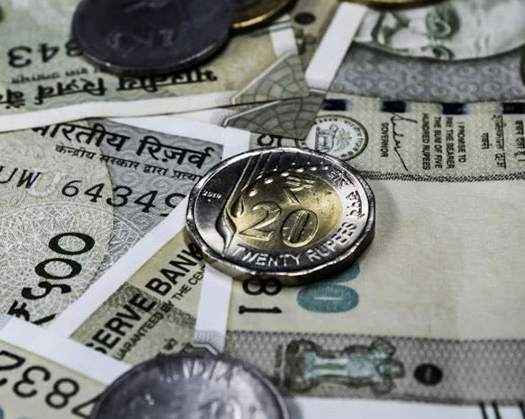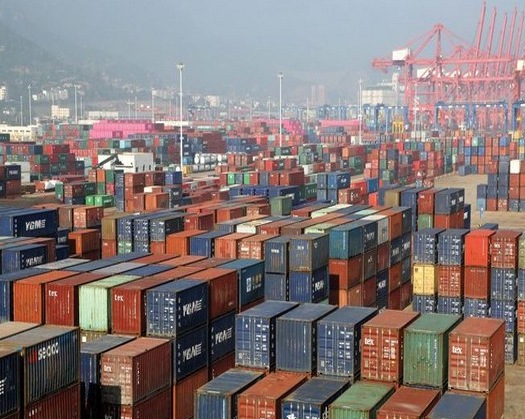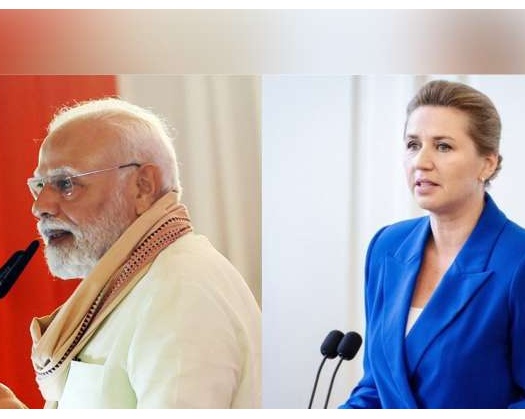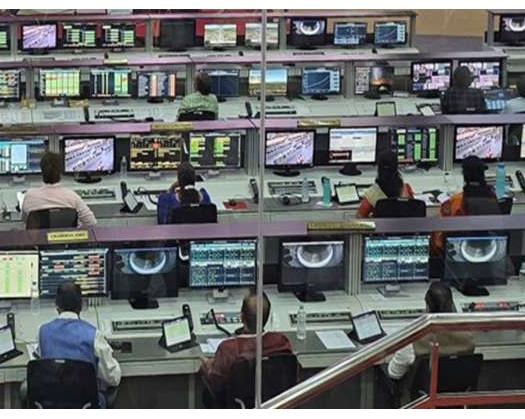New Delhi: According to an ICICI Bank estimate, the Indian rupee is expected to weaken further to 88.5 per US dollar after US President Donald Trump announced new tariffs.
The study noted that the Rupee has already fallen 2.4% since the start of the calendar year and is presently trading at 87.55 per US dollar, according to the Reserve Bank of India.
From a Real Effective Exchange Rate (REER) standpoint, the Rupee is still reasonably competitive, trading at roughly 100.
Interestingly, the US dollar index has fallen 8% year to date. The Dollar index, on the other hand, has strengthened again this month as a number of trade agreements have been inked. This has resulted in a global depreciation trend in most currencies, including the Indian Rupee.
Until we get more clarity, we expect INR to trade with a negative bias around 87-88.5 levels, according to the research.
The United States has enhanced tariffs on India to 25 percent, up from the original rate of 10 percent. These rates are also greater than the 15-20% levies levied on the majority of Asian exporters, with the exception of China.
The report stated that, regardless of significant import activity in the first half of the year, US imports were already anticipated to decline. If higher tariff rates persist, India's exports to the United States are predicted to fall, which might harm economic growth.
Exports to non-U.S. destinations were already down 2.9 percent year on year in the first quarter of fiscal year 2026. This downturn may worsen in the following months.
With tariffs rising by around 20% above previous levels for India, and assuming a demand elasticity of 1.0, a decline in demand is projected, not only for India, but for the majority of Asian countries that impose comparable taxes.
While a 20% higher tariff might reduce India's GDP by 0.3-0.4%, the total effect might be limited to 0.1-0.2% if exports to other regions increase.
The real influence will also depend on how global oil prices fluctuate. A slowdown in global growth might lower oil prices, but more penalties on Russian crude might offset this.









